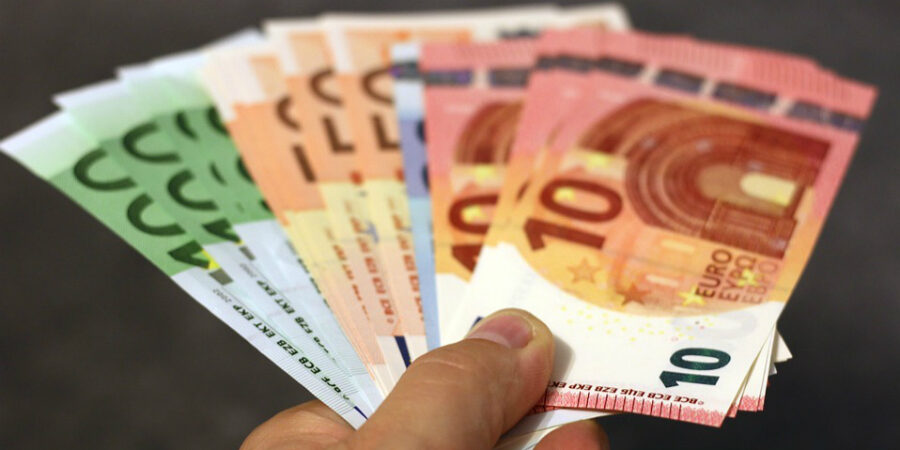Inflation affects all the cash reserves that one may have, and because of this, the value of money kept in the house can also be reduced.
The money that is “under the mattress” is not invested in any product and as inflation increases, it will increasingly depreciate in value, i.e. it will be worth less and less. That is, if you saved 2,000 euros in the house last year, the same amount will not be used to buy the same number of things, because nowadays money is of less value.
In addition, according to the specialized portal HelpMyCash, another risk involving funds “under the mattress” is the possibility of fire, flood or other natural disasters, as well as theft in the house. By leaving money outside the bank, the citizen becomes the main one responsible for his own security and this carries risks.
A good solution to this threat of money “under the mattress” might be to take out home insurance, although in some cases this involves an additional cost that the person is unwilling to bear.
Of note, the annualized variance of the consumer price index (CPI) fell for the third consecutive time to 8.4% in January, which was 1.2 percentage points lower than the previous month, according to the National Institute of Statistics (INE).
Inflation fell for the third time in a row, to 8.4% in January

“Wannabe internet buff. Future teen idol. Hardcore zombie guru. Gamer. Avid creator. Entrepreneur. Bacon ninja.”

